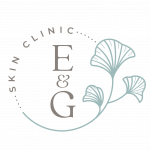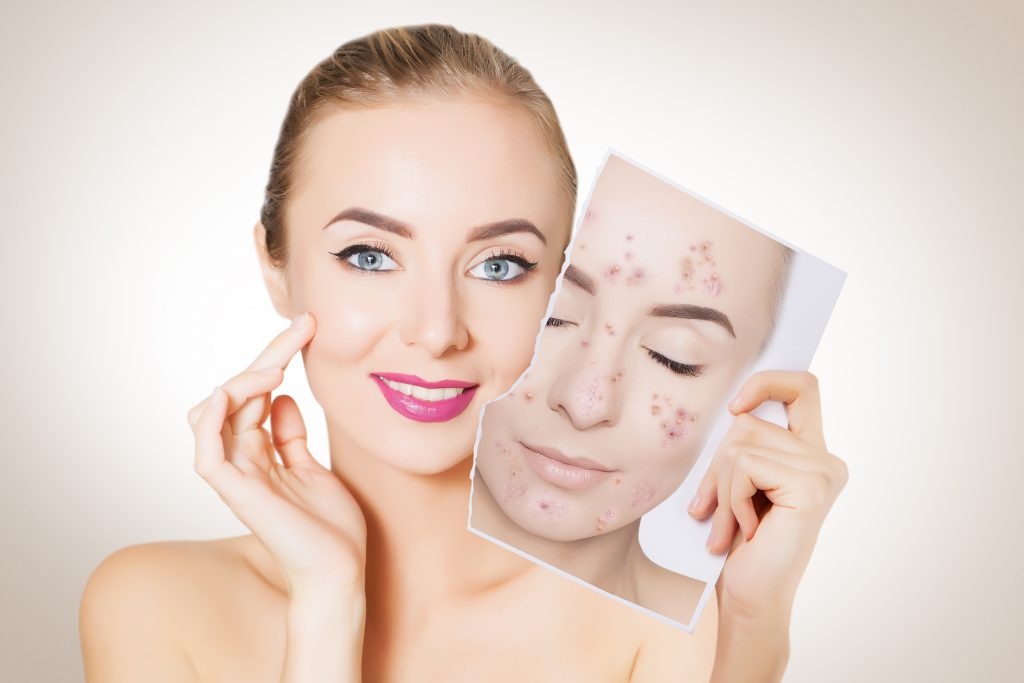Understanding the Link Between Rosacea and Acne: Causes, Prevention, and Treatment
Rosacea and acne are two common skin conditions that often confused due to their similar symptoms. While both can lead to redness, inflammation, and breakouts, they are distinct conditions with different underlying causes. However, some individuals experience both rosacea and acne simultaneously, which can make treatment more challenging. Understanding the link between these conditions can help in effectively managing them and achieving clearer, healthier skin.
Why Do Rosacea and Acne Occur Together?
While acne and rosacea are separate conditions, they can sometimes overlap. Here are some key reasons why:
Inflammation – Both conditions involve inflammation of the skin. Rosacea is primarily caused by a heightened inflammatory response, while acne is triggered by clogged pores and bacterial overgrowth.
Genetics – A family history of rosacea or acne increases the likelihood of developing both conditions.
Skin Sensitivity – People with rosacea often have sensitive skin, making them more susceptible to acne breakouts from certain products or environmental triggers.
Demodex Mites – Research has found that people with rosacea often have an overpopulation of Demodex mites on their skin, which may contribute to breakouts resembling acne.
Oil Production – Excessive oil production can exacerbate both acne and rosacea, leading to increased redness and pustules.
How to Prevent Rosacea and Acne Flare-Ups
Preventing breakouts and flare-ups requires a proactive approach. Here are some effective prevention tips:
Identify Triggers – Common rosacea triggers include spicy foods, alcohol, caffeine, extreme temperatures, and stress. Keeping a diary can help pinpoint what exacerbates symptoms.
Use Gentle Skincare Products – Harsh products with alcohol, fragrance, or sulphates can irritate both acne-prone and rosacea-prone skin. Opt for gentle, non-comedogenic skincare options.
Sun Protection – UV exposure is a major trigger for rosacea and can worsen acne. Apply a broad-spectrum sunscreen daily, preferably one containing zinc oxide or titanium dioxide.
Maintain a Healthy Diet – Eating anti-inflammatory foods like leafy greens, berries, and omega-3-rich fish can help manage both conditions.
Manage Stress – Practicing mindfulness, meditation, or yoga can help reduce stress-related flare-ups.
Effective Treatments for Rosacea and Acne
Treatment for individuals dealing with both conditions must be carefully tailored to avoid worsening either condition. If you’re seeking rosacea treatment in Edinburgh or acne treatment in Edinburgh, professional guidance from a skin clinic in Edinburgh can provide the best results. Here are some commonly recommended treatments:
Topical Treatments
Azelaic Acid – Effective for both rosacea and acne, it reduces inflammation and unclogs pores.
Metronidazole – Commonly used for rosacea to reduce redness and irritation.
Niacinamide – A great ingredient for calming inflammation and improving skin barrier function.
Professional Treatments
Laser Therapy – Reduces redness and broken capillaries in rosacea while also helping with acne scarring.
Chemical Peels – Mild chemical peels can help with acne while improving skin texture for those with rosacea.
LED Light Therapy – Blue light can help kill acne-causing bacteria, while red light reduces inflammation and redness.
If you’re struggling with both rosacea and acne, finding the right treatment approach is key. A tailored skincare routine and professional guidance from a skin clinic in Edinburgh can help effectively manage symptoms. Whether you need rosacea treatment in Edinburgh or acne treatment in Edinburgh, working with a dermatologist or skincare expert ensures the best outcomes for your skin. Prioritising gentle skincare, avoiding triggers, and using targeted treatments will help you maintain a calm, clear complexion.

